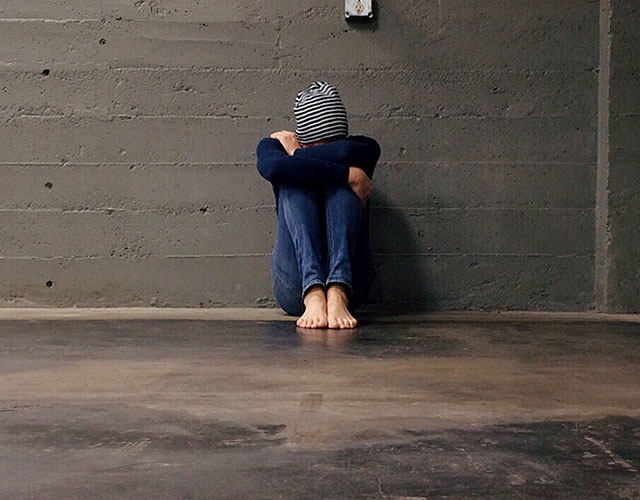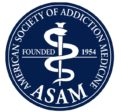Crack Treatment
What is Crack?
Crack is a hard, rock-like substance with an off-white tint. It is made by mixing baking soda or ammonia with the powdered form of cocaine. Once mixed, heat is applied until it forms a semi-hard white substance known as crack-cocaine. Most frequently it is vaporized in a glass pipe, also known as a stem or a rose, and inhaled deeply. Some users also inject crack or mix it with other substances.
Crack gets its name from the crackling noise that is made when it is heated. Other street names for crack include rock, base, candy and hard. Crack-cocaine is extremely potent and far more addictive than regular cocaine. When someone begins to smoke crack, addiction usually develops rapidly, with some people becoming addicted after trying it for the first time. The high experienced from crack creates intense but very short-lived effects, forcing users to need more to maintain it. Further, users report extreme euphoria and sensations of pleasure.

Break free from crack addiction
To break free from crack-cocaine addiction, most users will need medical detox. However, some users try to quit cold turkey or through an outpatient detox program. Although it is possible to quit without medical assistance, for safety, professional assistance is recommended. In the same way as cocaine, detox from crack-cocaine is not usually deadly on its own. However, withdrawal symptoms can be very uncomfortable. One of the largest obstacles in detoxing from crack is the intense urges to return back to the drug following cessation. Being in a safe environment, such as Royal Life Centers where guests have 24/7 support, is the wisest choice for overcoming an addiction to crack-cocaine.
Short-term effects of cocaine use may include:
- Loss of appetite
- Increased heart rate
- Contracted blood vessels
- Dilated pupils
- Nausea
- Bizarre, erratic behavior
- Hallucinations
- Intense euphoria
- Anxiety
- Paranoia
Long-term effects of use may include:
- Damage to blood vessels of heart and brain
- High blood pressure
- Liver, kidney and lung damage
- Respiratory failure
- Infectious disease
- Malnutrition
- Tooth decay
- Sexual problems
- Severe depression
- Tolerance and addiction
Do I need crack addiction treatment?
Signs of a crack problem may include:
- Planning daily activities around crack
- Engaging in high-risk activities and behaviors
- Loss of interest in activities that used to be pleasurable
- Continued use despite negative effects
- Intense cravings
- Withdrawal symptoms
Because the high from crack-cocaine is so intense, the withdrawal that follows is often just as intense. Withdrawal can begin anywhere from 30 minutes to 72 hours after the last crack dose. Crack causes changes in the brain and nervous system of the user. When someone stops smoking crack their body must re-adjust to functioning on its own without the use of the drug. Uncomfortable symptoms such as depression, fatigue, anxiety, mood swings, restlessness, and agitation are all common symptoms of withdrawal. The length and severity of these withdrawal symptoms vary depending on many individual factors, such as length of addiction, severity of addiction, metabolism and other underlying medical issues.
Withdrawal symptoms may include:
- Difficulty concentrating
- Slowed thinking
- Exhaustion
- Restlessness
- Inability to feel pleasure
- Depression
- Suicidal thoughts
- Unpleasant dreams
- Chills, tremors, muscle aches, and nerve pain
- Craving crack
Continued treatment for continued success
After a successful medical detox, it is highly recommended that treatment is continued in order to ensure long-term success. At Royal Life Centers, our residential inpatient gives guests a place to begin creating the life they were always meant to live. Programming includes group seven days a week, along with intensive individual therapy. The safe environment allows guests to focus on their recovery and overcoming their substance use disorder, once and for all. Eventually, upon completion of residential inpatient, guests move onto our other levels of care, PHP, IOP, OP, and sober living.
If you suspect that you or a loved one has an addiction, please call us today. We are here to help assist you and answer any questions or concerns. Our admissions team is available 24/7.
Change your life with one call.
We can help.






